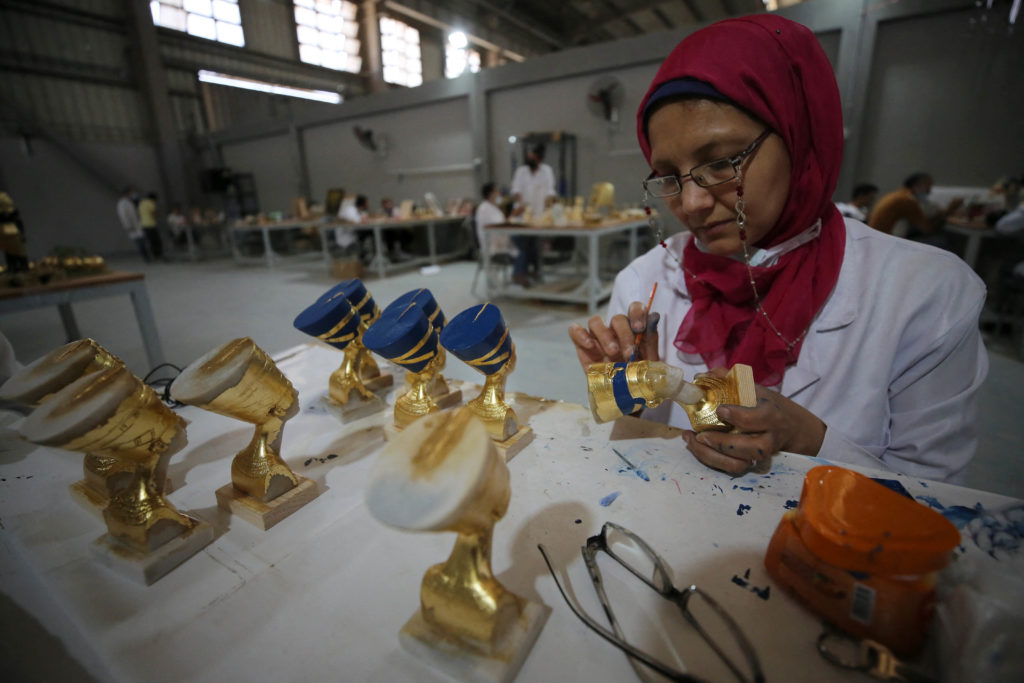São Paulo – The International Monetary Fund (IMF) announced on Tuesday (25) the release of USD 1.6 billion in loans to Egypt and reaffirmed the country’s solid economic prospects. According to the organization, the Egyptian economy is expected to grow by 2.8% in the 2020/2021 fiscal year, ending in June, and by 5.2% in the following fiscal year, 2021/2022.
With the deliverance of the current amount, the IMF announces the conclusion of the Stand-by Agreement (SBA) program with the country, with the total amount of USD 5.2 billion, according to information from the organization reproduced by the Egyptian newspaper Al Ahram. After a virtual mission this month, in which the second review of the IMF program with Egypt with local authorities was carried out, the decision was made by the fund’s staff team led by Celine Allard.
According to Allard, the strong performance and commitment of the Egyptian authorities helped to achieve the program’s goals of maintaining the Arab country’s macroeconomic stability during the pandemic last year. The necessary social and health expenditures have been protected, and significant structural reforms were implemented locally. The accumulation of net international reserves, for example, exceeded the program’s goals.
The IMF cited advancements in reforms related to fiscal transparency and governance, social protection, and improving the business environment, in addition to efforts aimed at reducing debt vulnerabilities and creating budgetary space for priority spending. Allard praised the publication of spending information regarding the COVID-19 crisis.
The IMF says the Egyptian economy shows resilience. “However, uncertainty remains in the background, with persistent risks related to the pandemic. Policies are appropriately focused on supporting the recovery in the short term while deepening and expanding structural reforms to unlock Egypt’s enormous growth potential in the medium term,” explained Allard.
Read more about Egypt:
- Egypt prepares to produce electric cars
- Egypt restructures tourism industry for a post-Covid world
- There’s a market in Brazil for garlic from Egypt
The team leader stated that the monetary policy of the Central Bank of Egypt (CBE) remains dependent on data; however, the IMF welcomes the CBE’s readiness to act as needed to support economic recovery amid quiet inflation. She added that the continued flexibility of the exchange rate would help to absorb external impacts. For Allard, Egypt’s banking system remains liquid, profitable, and well-capitalized.
Allard said that the fiscal year 2021/2022 aims at a gradual consolidation so that it is possible to uphold the economic recovery, safeguarding budgetary sustainability. For the IMF, the continued shift towards more significant investment in infrastructure, health, and education in the next fiscal year is welcome in Egypt.
“The government is committed to returning to a primary surplus of 2% of the Gross Domestic Product (GDP) as of the fiscal year 2022/23, and as the economic recovery takes place, it will be essential to reduce public debt and support fiscal sustainability,” highlighted the IMF staff member.
Translated by Elúsio Brasileiro




